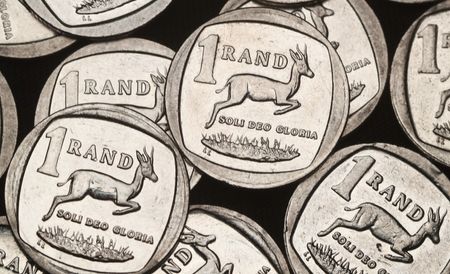By Ahmed Eljechtimi
MARRAKECH, Morocco (Reuters) – African countries need to leverage more private funds to meet infrastructure financing needs estimated at between $68 billion and $108 billion annually, the chief executive of Africa50, an infrastructure investment offshoot of the African Development Bank, said on Tuesday in Marrakech.
Leveraging more private capital to finance infrastructure projects, as part of public-private partnerships, would help free public funds to projects shunned by the private sector, CEO Alain Ebobissé said on the eve of the launch of a U.S- Africa business summit.
Since its creation six years ago, Africa50 has spent $5 billion on 16 projects in the fields of energy, transport, information and communication technologies, healthcare and education.
Africa50 has also signed on the same day a deal with a grouping of some of the richest African wealth funds to increase their involvement in African infrastructure investments.
Since 2013, China has been the top foreign investor in Africa, unrolling billions of dollars on the continent’s infrastructure. The U.S. is stepping up efforts, but is still far from catching up.
The U.S. Trade and Development Agency (USTDA) had planned $26 million last year to fund feasibility studies of African investment projects with a potential to generate $17 billion in financing, the agency’s director, Enoh Ebong, told Reuters.
“Sub-Saharan Africa is one of our largest portfolios at the agency,” she said, adding that she sees demand growing on U.S. companies from the continent.
While U.S. companies take care of feasibility studies funded by the USTDA, African partners “can get financing from any party whatsoever. We would like it that they do it with our fellow U.S. government agencies, but we do not put any condition on who finances that project,” Ebong said.
“For every $1 spent on feasibility studies we see a return of $117, which translates into jobs in the U.S.,” Ebong said.
“We are absolutely competitive, and we see it in the partners who are picking U.S. companies in head-to-head competition with Chinese companies,” she added, calling infrastructure “key to trade.”
(Reporting by Ahmed Eljechtimi; Editing by Leslie Adler)











